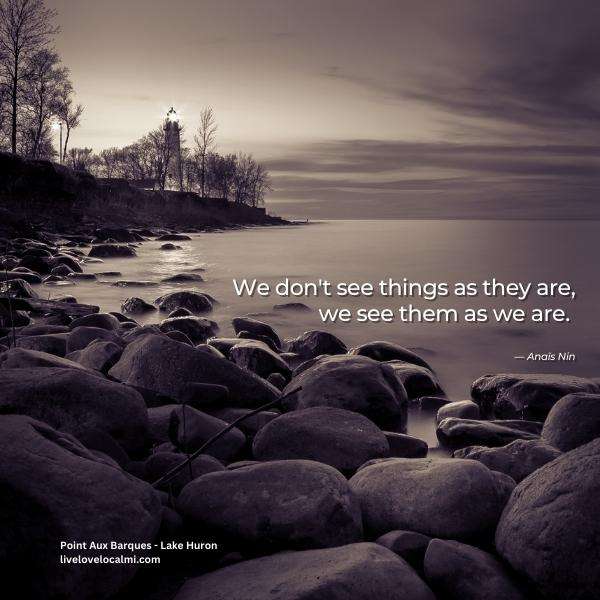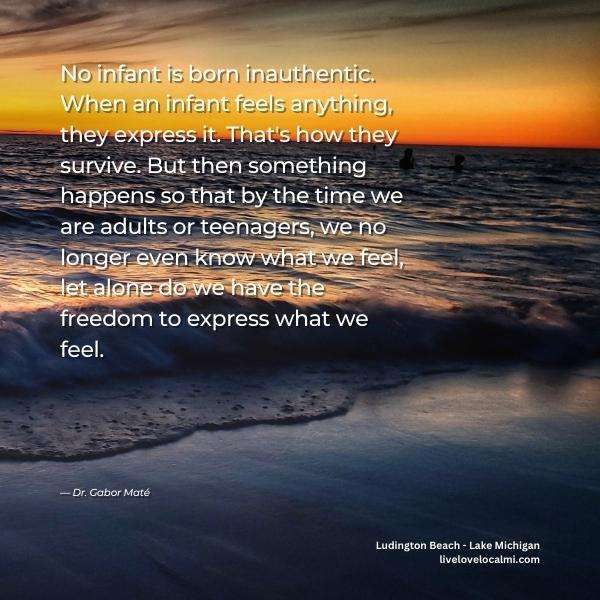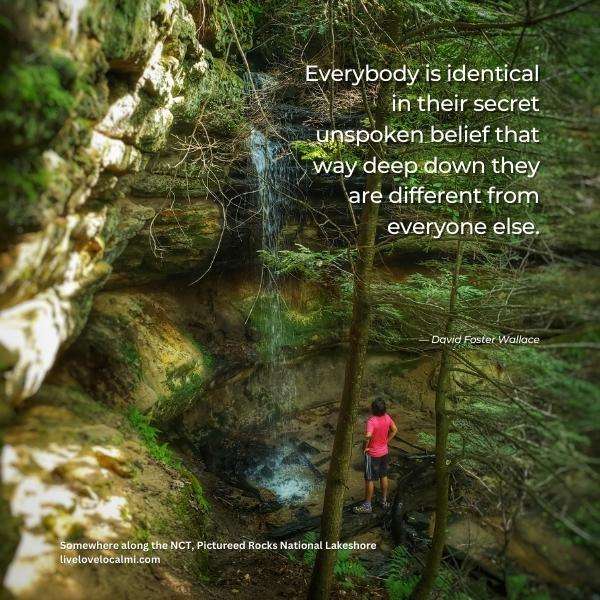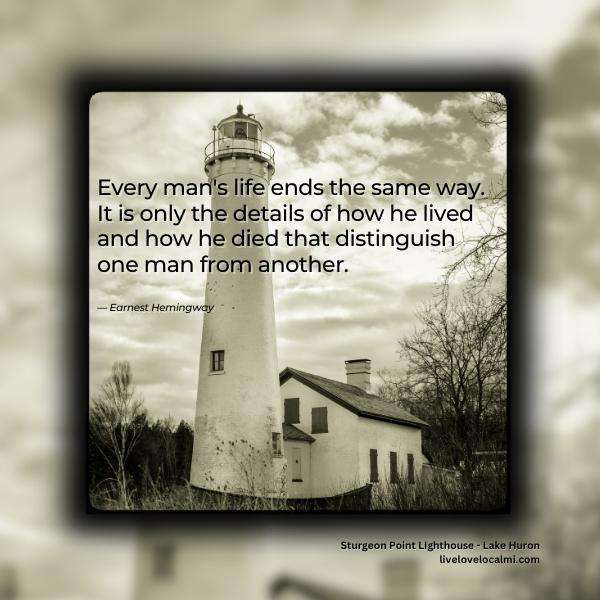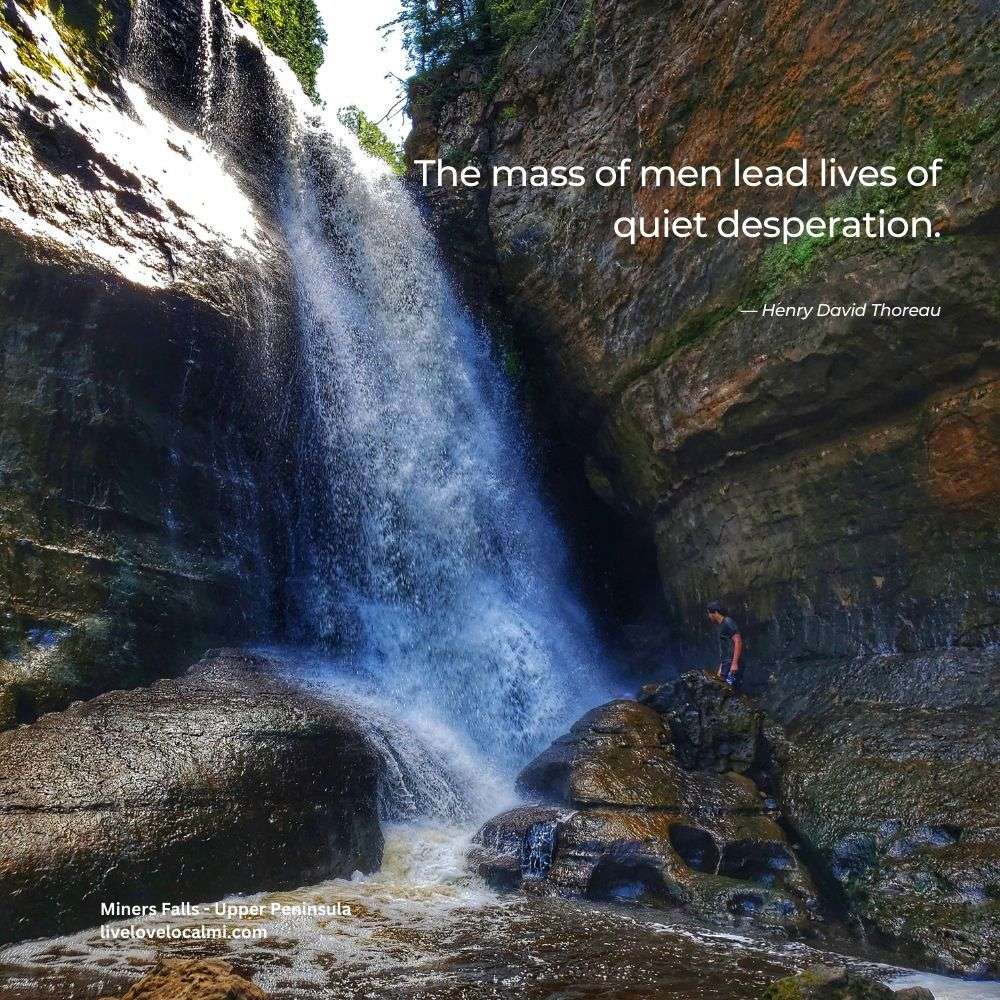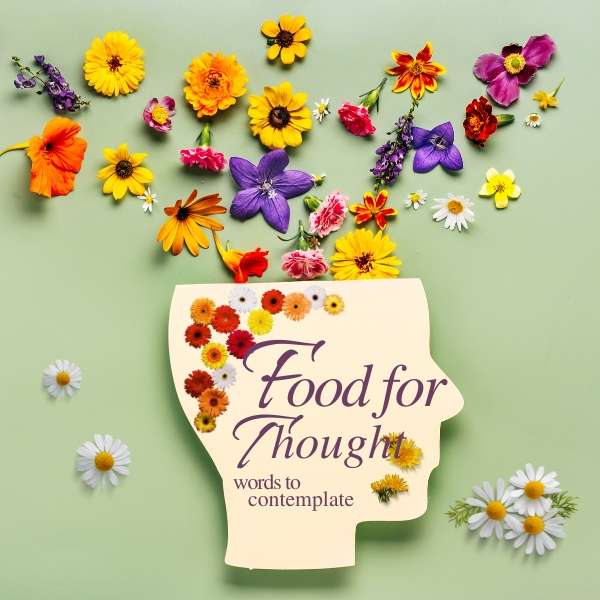Food for Thought is exactly what it sounds like—nourishment, but for the mind. It stirs our curiosity, sparks questions we didn’t know we had, and pushes us to see the world differently. Sometimes it comforts. Sometimes it confronts. But it always leaves us with something to chew on.
At its best, Food for Thought works like a catalyst. It encourages us to step outside the easy answers and challenge the assumptions we’ve been handed. It pushes us to question conventions that don’t serve us anymore and explore ideas that open new doors. Growth—whether personal or collective—begins with the willingness to ask better questions.
But Food for Thought isn’t just about intellect. It’s about connection. When we wrestle with new ideas, we don’t just grow as individuals—we grow in our capacity for empathy. We learn to listen, to consider other perspectives, and to have conversations that go deeper than small talk. That’s how real change begins—through words and reflections that linger long after we’ve heard them.
Here, in the Great Lakes Basin, we pair these contemplations with imagery of the place we call home. Because thought and place are connected. Just as the Lakes sustain us with water, the stories and ideas carried here sustain us with meaning. The shoreline, the forests, the cities, the people—all of it becomes part of the conversation.
To embrace Food for Thought is to embrace the possibility of growth. It’s an invitation to pause, to reflect, and to remember that we are never finished learning. These words, set against the beauty of the Basin, are not just ideas. They are reminders—of who we are, of what we might become, and of the responsibility we share to evolve together.

